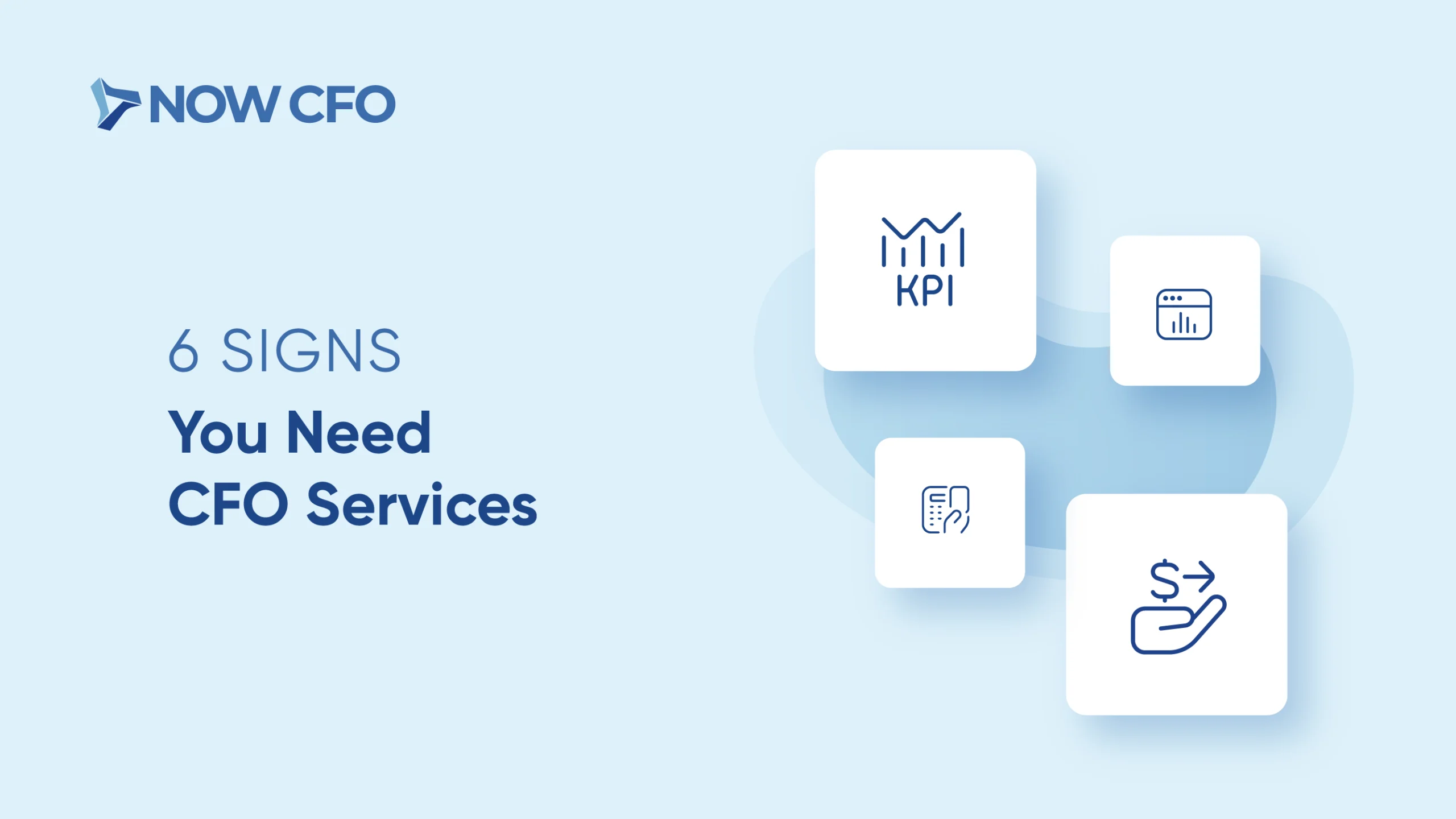
As financial experts, CFOs are now spearheading digital transformation initiatives, leveraging advanced technologies to enhance financial operations and strategic decision-making. This comprehensive guide delves into the critical responsibilities of CFOs in digital finance.
Overview of Digital Tools and Technologies Revolutionizing Finance
The financial sector is undergoing a seismic shift as digital tools and technologies revolutionize traditional finance practices. Key advancements include automation AI, blockchain, and cloud computing. These technologies enhance the efficiency and accuracy of financial processes and enable more strategic decision-making.
- Automation: Automation technologies streamline routine financial tasks like invoicing, payroll, and reconciliation. They reduce the manual workload and allow CFOs and their teams to focus on more strategic activities.
- Artificial Intelligence (AI): AI and machine learning transform how financial data is analyzed and interpreted. AI-driven analytics provide deeper insights into financial performance, helping CFOs predict trends, identify risks, and make data-driven decisions
- Blockchain: Blockchain technology offers new transparency and security in financial transactions. By creating immutable ledgers, blockchain reduces the risk of fraud and ensures the integrity of financial records.
- Cloud Computing: Cloud-based financial systems offer scalability, flexibility, and real-time access to economic data. These systems enable CFOs to monitor financial performance from anywhere, anytime, facilitating better decision-making and collaboration.
The Strategic Role of CFOs in Digital Finance
CFOs are now at the forefront of digital transformation initiatives within their organizations. This shift requires a strategic mindset and a proactive approach to integrating digital tools and technologies into financial operations.
- Championing Digital Innovation: CFOs are uniquely positioned to champion digital innovation due to their comprehensive understanding of the organization’s financial landscape. They are critical in evaluating and implementing new technologies to enhance efficiency, reduce costs, and improve financial decision-making.
- Data-Driven Decision-Making: With big data and advanced analytics, CFOs can now harness vast amounts of information to drive strategic decisions. By utilizing data analytics tools, CFOs can gain deeper insights into financial performance, identify trends, and forecast future scenarios more accurately.
- Enhancing Financial Processes: Digital transformation provides CFOs the tools to streamline and improve financial processes. Additionally, cloud-based financial systems offer real-time access to economic data, facilitating better collaboration and more agile financial management.
- Driving Organizational Change: CFOs are pivotal in driving organizational change by fostering a culture that embraces digital transformation. This involves adopting new technologies and ensuring that the finance team is equipped with the necessary skills and knowledge to leverage these tools effectively.
- Managing Risk and Compliance: As organizations adopt digital technologies, CFOs must address the associated risks and ensure compliance with regulatory requirements. This includes implementing robust cybersecurity measures to protect sensitive financial data and navigating the complexities of digital compliance.
- Strategic Partnerships: To successfully lead digital transformation initiatives, CFOs must often collaborate with other key stakeholders, including IT, operations, and external technology providers.
Challenges for CFOs in Digital Finance
Digital finance also presents challenges that CFOs must navigate to ensure successful implementation and integration. These challenges span various technological, organizational, and regulatory dimensions.
- Cybersecurity and Data Privacy: With the increasing reliance on digital tools and platforms, cybersecurity has become a paramount concern. Financial data is susceptible to cyberattacks and a prime target. CFOs must ensure robust cybersecurity measures are in place to protect against breaches, hacking, and data theft.
- Data Integration and Management: Digital transformation often requires integrating various data sources and systems, which can be complex and time-consuming. This ensures that disparate systems can communicate effectively and provide a unified view of financial data.
- Regulatory Compliance: As digital finance evolves, so do the regulations governing it. Keeping up with changing regulatory requirements and ensuring compliance is a continuous challenge. Non-compliance can result in significant penalties and damage to the organization’s reputation.
- Change Management: Digital transformation often requires significant changes to existing processes and systems. Effectively managing this change is crucial to minimizing disruption and staff resistance. CFOs must lead change management initiatives, communicate the benefits of digital tools, and provide adequate training to ensure smooth transitions.
- Financial and Operational Costs: Implementing new digital tools and technologies can be expensive. CFOs must carefully evaluate the cost-benefit ratio of digital investments and ensure that they align with the organization’s strategic goals. This includes considering digital projects’ long-term operational costs and potential ROI.
Effective Strategies for Overcoming These Challenges
To successfully navigate the challenges of digital finance, CFOs can adopt several strategies that address the unique aspects of their financial operations.
- Implementing Robust Cybersecurity Measures:
- Regular Audits: Conduct regular security audits to identify and address vulnerabilities promptly.
- Advanced Encryption: Advanced encryption methods protect data during transmission and storage.
- Employee Training: Develop comprehensive training programs to educate employees about cybersecurity best practices and threat awareness.
- Streamlining Data Integration:
- Data Management Systems: Invest in robust data management systems that facilitate seamless integration and data consistency.
- APIs and Middleware: Utilize APIs and middleware solutions to enable communication between different financial systems and platforms.
- Data Governance Policies: Establish clear policies to ensure data accuracy and integrity across the organization.
- Ensuring Regulatory Compliance:
- Continuous Monitoring: Implement systems for continuously monitoring regulatory changes and compliance requirements.
- Compliance Training: Provide regular training sessions for the finance team to stay updated on regulatory standards and practices.
- External Consultants: Engage external consultants or legal advisors specializing in financial regulations to ensure adherence to all relevant laws.
- Effective Change Management:
- Leadership Communication: Communicate the vision and benefits of digital transformation clearly to all stakeholders.
- Gradual Implementation: Implement changes gradually to allow employees to adapt and minimize resistance.
- Support Systems: Establish support systems, including helpdesks and training sessions, to assist employees during the transition.
- Managing Financial and Operational Costs:
- Cost-Benefit Analysis: Conduct thorough cost-benefit analyses for all digital investments to ensure alignment with strategic goals.
- Budgeting: Develop detailed budgets for initial implementation and ongoing operational costs.
- ROI Tracking: Establish metrics to track digital initiatives’ ROI and adjust strategies based on performance data as needed.
By embracing advanced technologies and innovative strategies, CFOs can overcome the challenges of digital finance. If your organization seeks expert guidance in digital financial transformation, Now CFO is here to help.
Our team of professionals is equipped with the knowledge and experience to support your digital finance initiatives. Contact Now CFO today to learn how we can assist you in navigating the complexities of digital finance and achieving your strategic goals.














